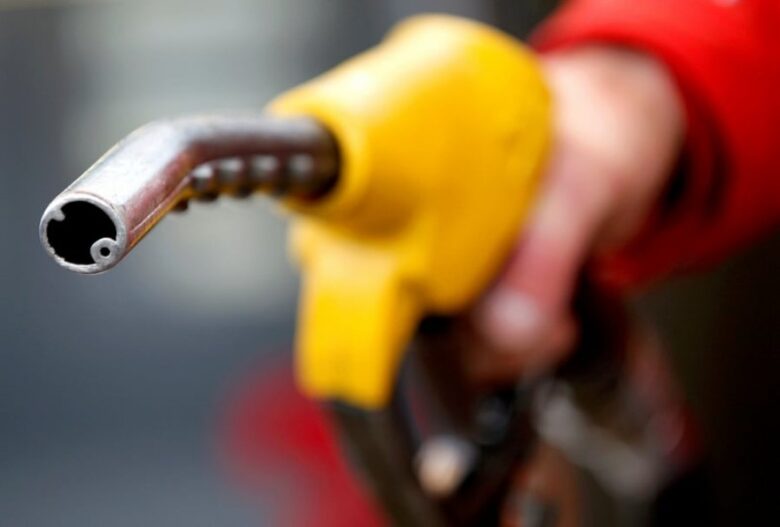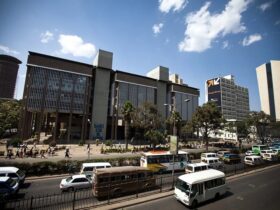The price for 80 octane petrol rose to 12.25 Egyptian pounds ($0.25), 92 octane increased to 13.75 pounds, and 95 octane went up to 15 pounds.
The price of diesel, a generally used fuel, surged to 11.50 Egyptian pounds ($0.24) from 10 pounds.
The government has implemented its second fuel price increase since the IMF expanded its loan program by $5 billion in March. As part of the agreement, Egypt has committed to reducing fuel subsidies.
According to Egyptians interviewed by Reuters, such as taxi driver Sayed Abdo, the price increase implemented on Thursday is expected to trigger a rise in the cost of daily necessities.
Sayed Abdo noted, “Today, if you usually pay 10 Egyptian pounds for a ride, I’ll need to charge 15 because of the fuel price hike. It’s the same with food—items that used to cost 10 pounds are now priced at 15.”
“We’re unsure where these price hikes are leading us,” he remarked. On Wednesday, Prime Minister Mostafa Madbouly announced that petroleum product prices will continue to rise gradually until the end of 2025, explaining that the government can no longer sustain the rising costs associated with increased demand.
Blackouts have also affected Egyptians, but Madbouly reported that these issues were resolved at the start of the week.
The country had been grappling with challenges in importing adequate natural gas to cope with the summer heat.
According to an IMF estimate from April, Egypt is expected to spend 331 billion Egyptian pounds ($6.85 billion) on fuel subsidies in 2024/25 and 245 billion pounds in 2025/26.
The third assessment of the expanded loan program by the IMF, initially scheduled for July 10, has been postponed to July 29.
The delay was attributed to the finalization of certain policy details, although an IMF spokesperson refused to provide additional information on these specifics.
Following the completion of its review, the IMF is anticipated to release $820 million to Egypt.









Got a Question?
Find us on Socials or Contact us and we’ll get back to you as soon as possible.